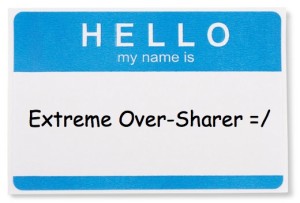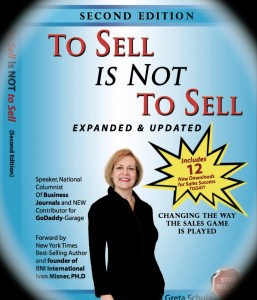Top 5 Hiring Mistakes
- (1) Looking for new employees when one is leaving.
I think we all know the value of a good employee. Make no mistake, if you hire (and manage) right, your organization runs like a
well oiled machine and I defy anyone to argue that. “Get the right people on the bus in the
right seats” the famous quote from the top-notch book Good to Great by Jim Collins. That
being said why are we looking for employees only when we “need” one. You always need
them if they are great and greatness doesn’t come along only when you are looking so be
looking all of the time.
Our biggest problem with looking when we “need” someone is the desperation factor. We
often hire to fill a need by hiring “the best of the worst”. When we are feeling pressure
from a department or another employee to lighten their load we often make a decision not
for the “best person” but the “best for right now person”. This will hurt you in the long run
every time.
2)Hiring off of a resume’.
When I say it is a mistake hiring off of a resume’ I don’t mean to presume you actually hire when a good resume comes in without other important considerations. What I do mean is being impressed by the background they have had; whom they’ve worked for and what they’ve done. Background is less important then things like eagerness to learn, commitment and desire to be successful. Hire for attitude, train for skill.
3) Hiring in your image.
Allowing the likeability factor to take over the actual decision of the best candidate. We like people that are like us, that we relate to but in hiring that is not to be used as a gauge. We all make decisions emotionally, meaning we decide on things in our life business and personal by our gut, by what we feel. In some cases it’s enough but in the decision of hiring someone to help you grow your business, there needs to be much more then you like them.
4) Selling the candidate on the job.
We are passionate about our organization and all of the good things that we offer. Because of that, we sell the candidate on how great the job is instead of really qualifying them first. One of the most important things we need to do in an interview is to ask good questions and listen for the answers. It is called an interview for a reason. Do not get caught up in telling the candidate all about the job, what it takes, the duties the company benefits etc. Do not get caught up in this sale. You may find out too late the things you could have found out upfront.
5) Overlooking a teachable, trainable candidate for one with “experience”. (A topic discussed on the #SELLutions podcast episode 1)
The idea of hiring someone with experience is sales is understandable. It seems like a good idea for someone who can just fit right into a job and start off fast and furious. This is often not the case, though it takes more work and effort to train someone it often proves to be much more lucrative in the end because you have taught them in your way. Unfortunately sales people seem to have more bad habits then good ones when they leave a job. Though this can be an overstatement it is more often true then not.
The key is to be looking for someone better then your best person, all of the time. If one of your salespeople said to you that they were going to look for new business only when they lose existing business, you would probably fire them. Then don’t do the same thing. As an executive, your prospecting responsibility is looking for top-level salespeople all of the time. Not just when you lose one.
How’s your organization doing? Take a free assessment and find out;
Greta Schulz is President of Schulz Business, a sales Consulting and Training firm. She is a best selling author of “To Sell IS Not To Sell” and works with fortune 1000 companies and entrepreneurs. For more information or free sales tips go to www.schulzbusiness.com and sign up for ‘GretaNomics’, a weekly video tip series or email sales questions to greta@schulzbusiness.com











